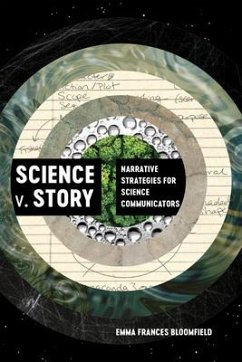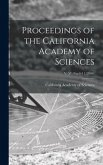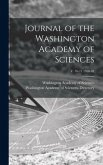"Emma Frances Bloomfield makes a smart argument for storytelling as a potent yet underused rhetorical resource for science communicators. Her suggestions are practical, adaptable, and grounded strongly in research."--Mollie K. Murphy, Utah State University "With this timely and accessible book, Bloomfield offers both critics and creators of science stories the gift of understanding. Readers will not only discover in these pages how profoundly scientific narratives influence collective life, but will also receive generative lessons on composing more inclusive and compelling science stories."--Joshua Trey Barnett, author of Mourning in the Anthropocene: Ecological Grief and Earthly Coexistence "Science v. Story has pride of place on my bookshelf. Lucid and ambitious, it cements Bloomfield's status as one of the most innovative science communication scholars writing today. Strategies known as constellation practices, developed and offered in this book, are especially novel and valuable for communicators grappling with the great scientific controversies of our time."--Jen Schneider, Professor and Interim Associate Dean, Boise State University, and coauthor of Under Pressure: Coal Industry Rhetoric and Neoliberalism "Bloomfield has the unique ability to build science communication theory and create strategies to link theory with praxis. In doing so, her book shows how stories matter for science, and especially for amplifying diversity in knowledge creation and fostering connections across differences in perspective about contentious scientific issues."--Bridie McGreavy, Associate Professor, Department of Communication and Journalism, University of Maine "Far too often, differences among the humanistic, indigenous, natural, and social sciences are depicted as intractable. With this book, Bloomfield convincingly recasts those differences as complementary. Readers will come away feeling like the approaches can be mutually reinforcing; one need not choose among them."--Kundai Chirindo, Associate Professor and Chair, Department of Rhetoric and Media Studies, Lewis & Clark College "Science v. Story could not come at a better time. We live in an era in which truth claims proliferate across various networks, and the rifts between science and the public seem increasingly challenging to mend. This book is what scientists and science communicators need: an academically sound and elegant analytical toolbox to create compelling science stories that are more accessible, understandable, and relevant to people's everyday lives. In a world where algorithmic capitalism and the attention economy feed from rival science discourses, this book is essential for designing strategies to confront and transform the relationships, interconnections, and tensions surrounding scientific topics in public discourse. Undoubtedly, the scientific community and the public will benefit from the narrative webs and constellations this book offers to effectively disseminate scientific knowledge and bridge the gap between science and the public. A fascinating contribution to the field of science communication."--José Castro-Sotomayor, Assistant Professor, California State University Channel Islands








